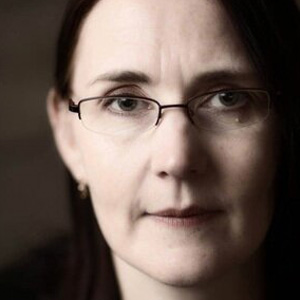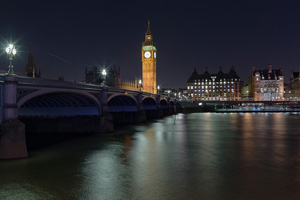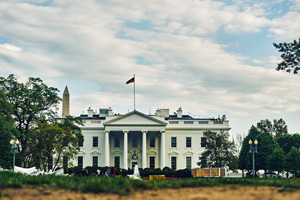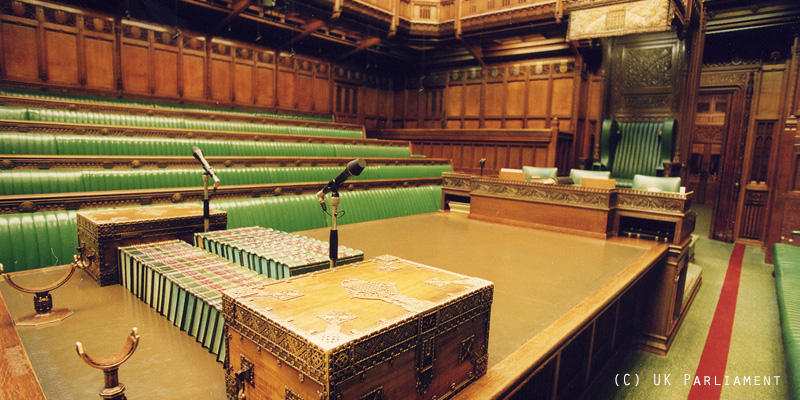Suw Charman-Anderson founded Ada Lovelace Day in 2009 with the aim of raising the profile of women in science, technology, engineering and maths by encouraging people around the world to talk about the women whose work they admire. It is an international day of celebration that helps people learn about the achievements of women in STEM, inspiring others and creating new role models for young and old alike.

“…the gender issues around politics are very closely tied into the structure of politics and the class issues of politics. I don’t think we can talk about equality in politics without talking about class…”
Improving gender balance in UK politics
The issue with politics in the UK is that we’ve created a really complex social structure that’s evolved over hundreds of years, but it’s one that has been governed by an elite. Since the 60s or 70s, you’ve had this broadening of who gets engaged in politics, but then very recently you’ve had a contraction again to the old Etonians.
The gender issues around politics are very closely tied into the structure of politics and the class issues of politics. I don’t think we can talk about equality in politics without talking about class, because what you’re really looking at is a system that requires a certain amount of pre-existing knowledge about how to engage with it. That majority of people don’t have this, women in particular.

Widespread political engagement
Politically I’m in a really strange place because I live in Wisconsin, but still have a lot of ties with the UK because of Ada Lovelace Day, so I’m obviously very interested in what’s happening in the UK.
What I find interesting about the US is that, post-Trump, there has been a massive amount of activity across the progressive, left-leaning world. Within a few months of Trump’s election, we were starting to see local groups organising activities and mobilising supporters.
We’re hearing that 13,000 women have signed up to run for office, and lots of people are saying that they have to get involved because they can’t stand by and do nothing. I’ve seen more political action since the election in Sheboygan, where I live, than I saw in the previous two years that I’ve lived here. And more political action than I’ve ever seen anywhere I’ve lived in the UK.

People are starting to get engaged in politics on a scale I don’t think we’ve seen since the 60s. But I don’t see the same level of action in the UK. You need training and you need to learn how the system works. You need to have someone to say, ‘We will support you. We will give you briefing papers. We will help you learn to canvas. We will help you learn to fundraise. We will support you while you do this’.
Recently, the Parliament Project has started doing some excellent work in this area, and the Women’s Equality Party has been providing training workshops, but I think more is needed.
Marginalisation of dissent
There’s also something that I think is a very worrying trend, that of the ‘marginalisation of dissent’.
I became aware of ‘the marginalisation of dissent’ when I did some work for Carnegie UK Trust around use of social media in the third sector. One of the reports that fed into the project was about the marginalisation of dissent, and I had never heard that term before. The report was well ahead of its time. That idea really stuck with me and I started to be aware of power-carrying groups in the UK becoming absolutely intolerant of dissent.
It doesn’t matter whether we’re talking about financial power, political power, social power, local power, or even familial power, one of the core precepts of British culture is Thou Shalt Not Dissent. We’re now in a political culture where any dissent, any disagreement is seen as betrayal, as being a saboteur, being a traitor.
Being a traitor is selling out to someone we’re at war with. Being a traitor is not disagreeing about the way a party is run, or disagreeing on a policy point or disagreeing about whether a particular leader is competent or incompetent – that’s dissent, that’s not traitorous behaviour or treachery. But the narrative now is not even, ‘If you’re not with us, you’re against us’, it’s ‘If you’re not with us you’re a traitor’. I find that absolutely disturbing. That’s where authoritarianism comes from.

Not only do we need more women to get involved in politics at all levels, we need to get more people from across the class spectrum involved too. We need a broader variety of viewpoints will help us, as a country, to develop more creative and positive solutions for the problems we face. But we also need to rehabilitate dissent and find ways to create a society more tolerant of disagreement, so that women and minorities don’t reject a political life out of hand for fear of being branded a traitor.
https://twitter.com/FindingAda





